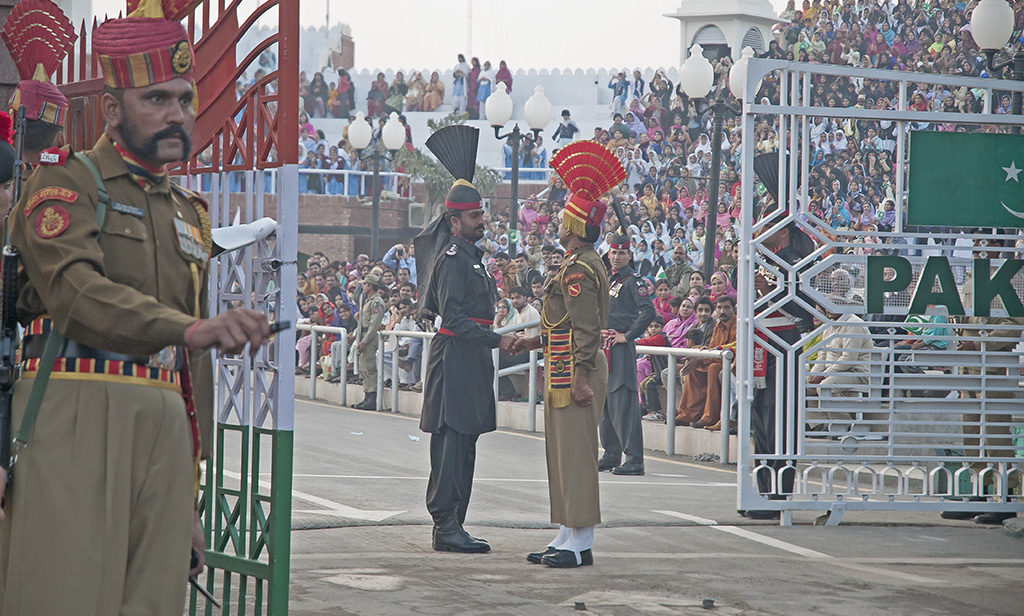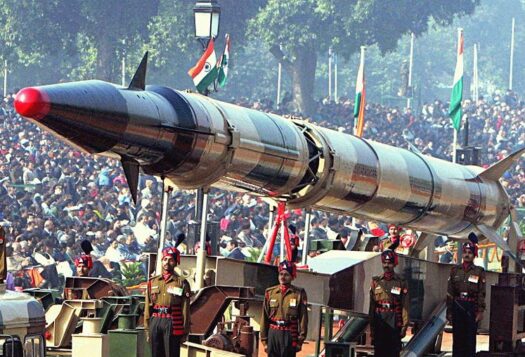
From: Arooj Naveed, University of Punjab, Pakistan
To: President Barack Obama, Oval Office, White House, United States of America
Executive Summary
The upcoming Nuclear Security Summit is an opportunity to convince India and Pakistan to move beyond the concept of deterrence. If both countries continue to embrace this doctrine, their nuclear competition will be open-ended. In order to get both countries to accept a post-deterrence order, the United States should develop a strategy to deal with nuclear waste in South Asia, create multilateral centers to tackle nuclear security and safety concerns, and invest in South Asian expertise among U.S. government officials and civil society.
Develop a Strategy to Deal with Nuclear Waste in South Asia
Every problem has a solution, as long as one uses technology in the right manner and without politicization. A useful case which can provide learning in this regard is that of Germany, where the Morsleben facility has stored nuclear waste for over four decades. However, an example of a case to avoid is that of the Yucca Mountain nuclear waste storehouse, which was abandoned, despite billions of dollars poured into it.
Create Multilateral Centers for Nuclear Security
Centers for dealing with nuclear power accidents are desperately needed in South Asia, to avoid the possibility of incidents that have happened elsewhere, such as Chernobyl and Fukushima.
Develop American Expertise on South Asian Affairs
Analyst Vernile Liebl [1] argues that there is an unimpressive understanding of India and Pakistan’s nuclear doctrines and strategies at the national level within the United States. The author, when involved in a wargame in 2001 about a possible nuclear exchange between India and Pakistan, found that the United States’s know-how with reference to the workings of South Asia is insufficient. One of the first questions by former US government officials was about evacuating non-combatants from the American embassy, not realizing that it would already have been destroyed in such an event. Filling these gaps in knowledge can assist the United States in formulating a better nuclear security policy with reference to India and Pakistan.
Conclusion
Guranteeing elimination of nuclear weapons may not be promising, as long as the theory of deterrence is not understood in the context of its practice between India and Pakistan. Nevertheless, working on the above mentioned points can establish some progress towards disarmament. The upcoming Nulcear Security Summit is the right platform for the United States to initiate dialogue with India and Pakistan on these issues. By pursuing the above-mentioned policies, Washington can help India and Pakistan break out of their deterrence stalemate.
[1] Liebl, Vernie. “India and Pakistan: Competing Nuclear Strategies and Doctrines.” Comparative Strategy 28, no. 2 (2009): 154-63.***
Image: Koshy Koshy, Flickr


